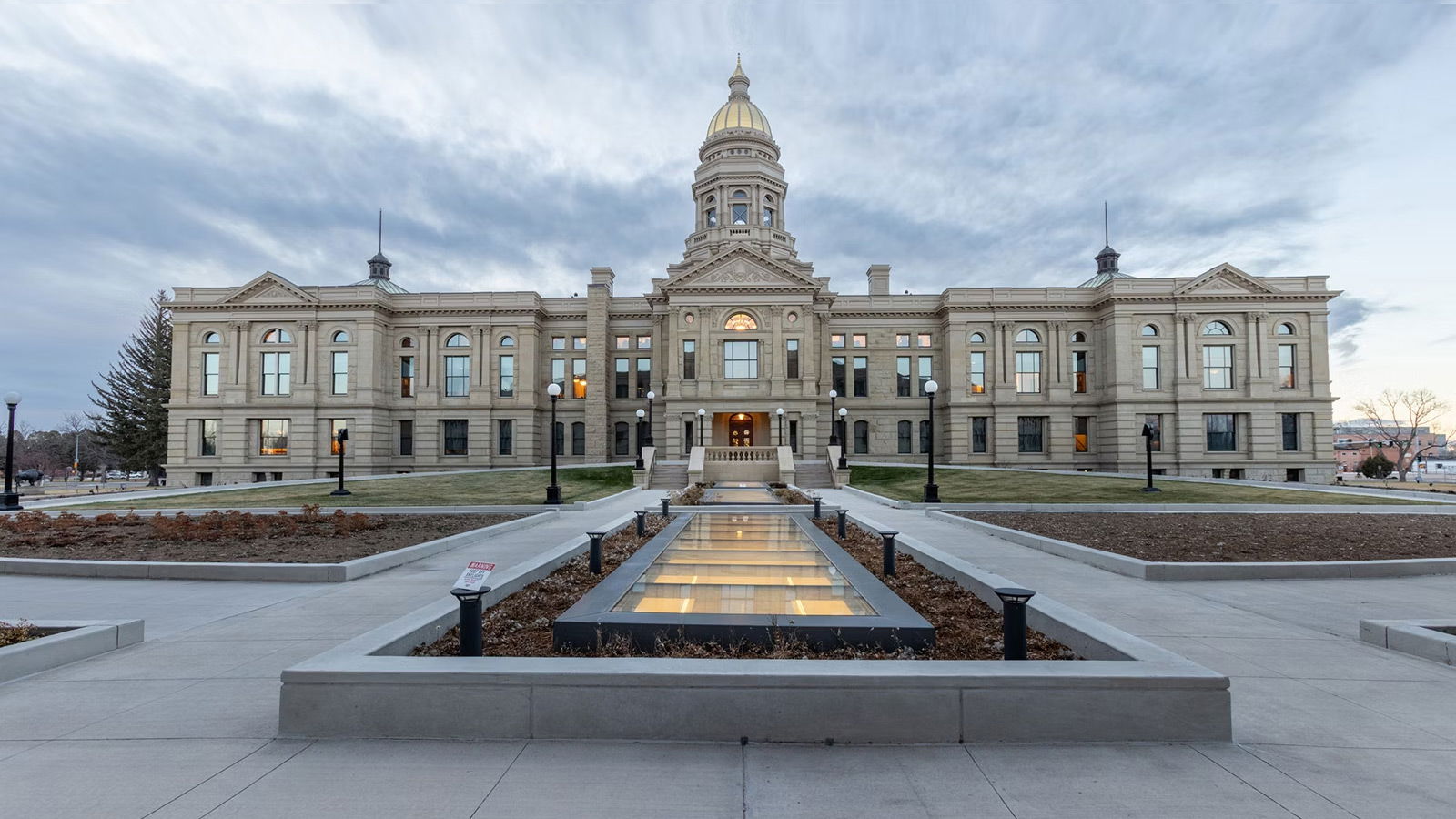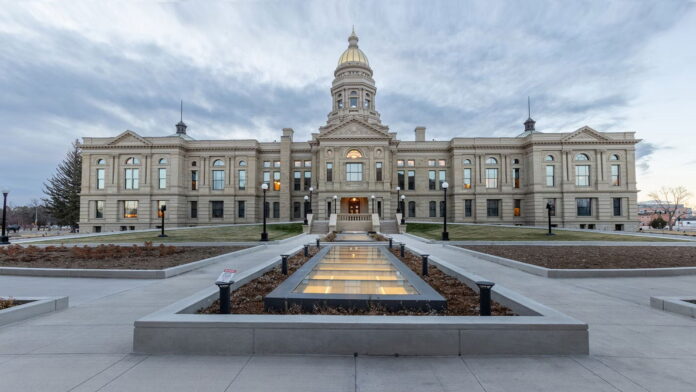
A proposal to legalize online casino gaming in Wyoming faced a setback on Monday as the Travel, Recreation, Wildlife, and Cultural Resources Committee declined to advance the measure. After more than an hour of discussion, the bill’s prospects dimmed when a motion to move forward failed to receive a second, leading committee chair Andrew Byron to declare the proposal postponed indefinitely.
Still, House Bill 162, which would have authorized online casino gambling statewide, is not entirely out of consideration. With the legislative session set to conclude on March 6, lawmakers still have until the February 12 crossover deadline to revive the bill. However, the lack of support during Monday’s hearing suggests that any effort to push the legislation forward faces considerable obstacles.
The committee’s unwillingness to proceed with the bill follows earlier testimony from representatives of the Northern Arapaho and Eastern Shoshone tribes, who expressed strong opposition.
Tribal leaders argued that previous gambling expansions, including legal sports betting and historical horse racing, had already reduced their revenues, and the introduction of online casino gaming would further erode their financial stability. They warned that a decline in gaming income would limit their ability to provide essential services to their communities.
In addition to tribal concerns, advocates for responsible gambling also voiced opposition. Meanwhile, the Sports Betting Alliance (SBA), which represents major online operators such as BetMGM, DraftKings, FanDuel, and Fanatics Betting & Gaming, argued that regulation would create economic benefits and better protect residents from illegal gambling platforms.
“By transitioning from an unregulated, untaxed iGaming environment to a structured and lawful one, the state can harness substantial economic benefits while safeguarding its residents,” said Sarah Filosa, speaking on behalf of the SBA.
A key argument made in favor of regulation centered on the presence of offshore and sweepstakes-based gambling sites operating in legal gray areas. Filosa highlighted platforms like Chumba and Stake, which offer free-to-play games that can be monetized through the purchase of virtual tokens. Supporters of the bill contended that legalizing and regulating online casinos would provide state authorities with clear enforcement tools to shut down such operators.
John Pappas, speaking on behalf of the iDevelopment Economic Association, emphasized the importance of legal clarity. “It gives your gaming commission and law enforcement a law to point to to say, ‘Hey, we have a law on the books that says online gambling ONLY if you are legal and licensed and regulated in the state,’” Pappas explained.
Pappas cited Michigan as an example of a jurisdiction that has successfully cracked down on illegal operators after legalizing online casinos and digital sports betting.
Wyoming is currently one of three states that permit online sports betting but do not have retail sportsbooks. If HB 162 were to pass, it would legalize digital casino gaming without expanding in-person gambling options.
The debate over online gambling regulation is not unique to Wyoming. At least eight states, including Maryland, New Hampshire, and Indiana, are considering similar measures this legislative season. However, resistance to online casino expansion remains strong in many areas. Virginia lawmakers have already rejected a comparable proposal.














